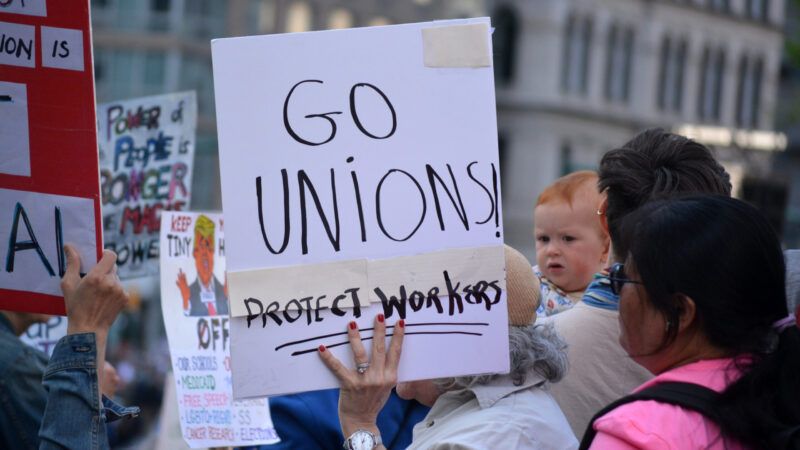UPDATE: Utah’s controversial new union law, House Bill 267, is facing a fierce challenge as the Utah Education Association (UEA) has launched a campaign to repeal it on the November 2026 ballot. The law, which bans public sector collective bargaining, was passed earlier this year by the state legislature and has ignited intense debate across the state.
In a significant move, the UEA’s “Protect Utah Workers” initiative has successfully gathered over 320,000 signatures—the highest number in state history for a ballot petition—demonstrating widespread opposition to the new law. This urgent development comes as the political landscape in Utah shifts, with union leaders mobilizing to reclaim bargaining rights.
House Bill 267 not only prohibits public sector unions from negotiating on behalf of all workers but also eliminates the “release time” practice, which allowed union representatives to conduct business during work hours without any cost to the union. Additionally, the new law imposes stricter reporting requirements aimed at increasing transparency regarding union finances.
State Representative Jordan Teuscher (R–South Jordan), the bill’s sponsor, expressed frustration with unions, alleging they failed to honor prior agreements. According to Teuscher, this lack of cooperation prompted lawmakers to push through a comprehensive reform package without union support. Union leaders, however, vehemently dispute this claim.
“We are committed to protecting the rights of workers and will not back down in our efforts,” said a UEA spokesperson.
In an unexpected twist, Gov. Spencer Cox, who signed House Bill 267 into law, has distanced himself from it, stating, “I sign lots of bills I don’t like for lots of different reasons.” This has left supporters of the law scrambling for a strong defense in the face of mounting opposition.
The implications of this legislation are significant. While the law does not outright ban unions, it effectively strips them of their bargaining power, a move that has stirred concerns among workers about their rights and representation. Advocates argue that these reforms enhance worker choice and dismantle what they see as union monopolies over representation.
The stage is now set for a heated battle as both sides prepare for the upcoming ballot initiative. Supporters of the law maintain that it offers a more flexible environment for workers, while opponents warn that it undermines vital labor rights.
As the November 2026 ballot approaches, the conversation surrounding labor rights in Utah is intensifying. The outcome could set a precedent for similar reforms across the nation, especially in a climate where some conservative leaders are beginning to align with labor interests.
In the meantime, the focus shifts to how both sides will engage voters and frame their narratives in the lead-up to the vote. With the UEA leveraging historic levels of public support, the stakes have never been higher. The battle over House Bill 267 is not just a local issue; it reflects broader national trends regarding labor rights and union power in America.
Stay tuned as this developing story unfolds, with significant implications for workers and unions across the United States.






